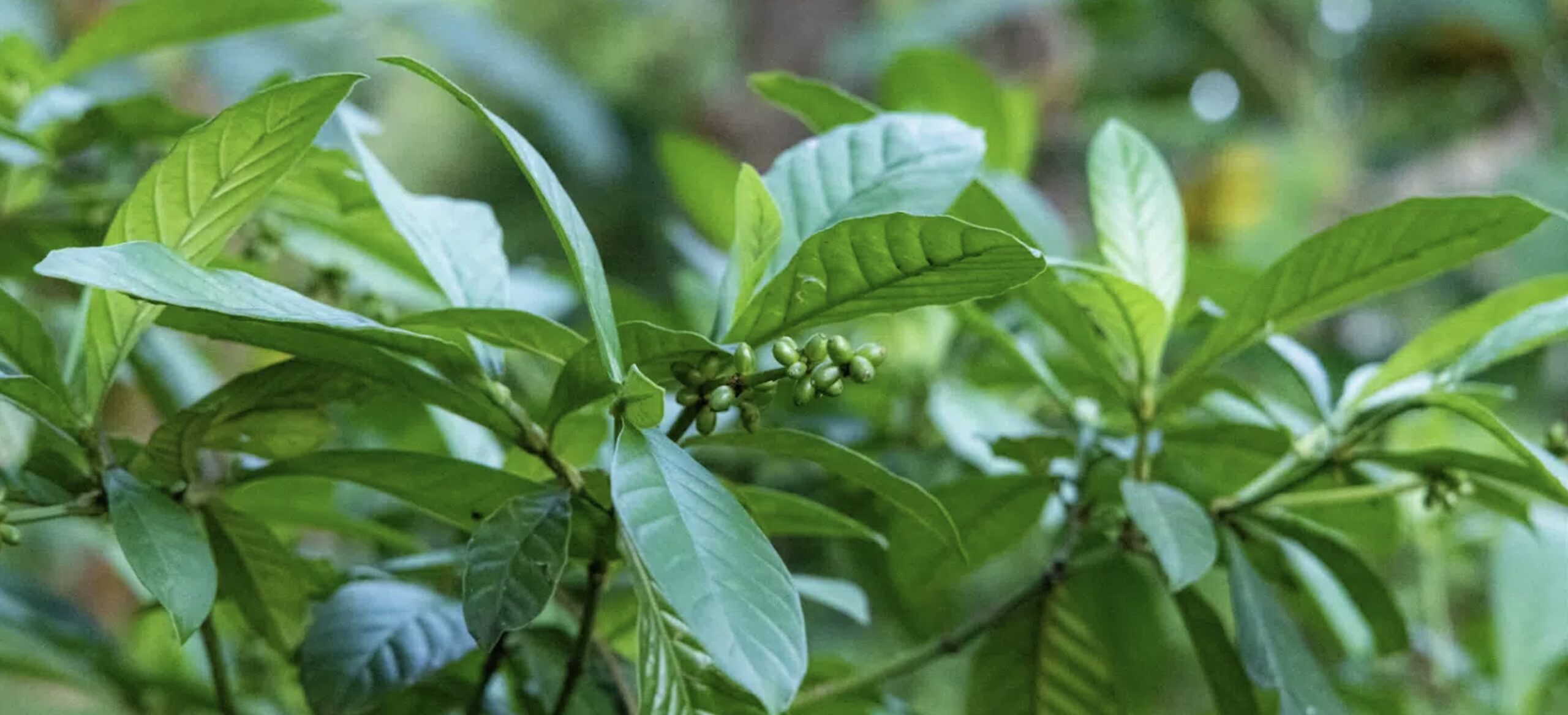Health Benefits of Ayahuasca
What are the health benefits of ayahuasca?
Ayahuasca is a psychedelic brew that has been used for centuries by indigenous communities in the Amazon region for spiritual and medicinal purposes. It contains a combination of plants, most notably the Banisteriopsis caapi vine and the leaves of the Psychotria viridis shrub, which contain the psychedelic compound DMT (dimethyltryptamine). Here are some potential health benefits of ayahuasca, based on anecdotal reports and limited scientific research:
- Spiritual and Psychological Healing: Ayahuasca is traditionally used in shamanic ceremonies for spiritual healing, personal growth, and accessing higher states of consciousness. Many individuals report profound spiritual experiences and insights that can lead to increased self-awareness, emotional healing, and a greater sense of purpose.
- Treatment of Depression and Anxiety: Some studies suggest that ayahuasca may have antidepressant and anxiolytic effects, possibly due to its ability to modulate serotonin levels in the brain. However, more research is needed to fully understand its effects on mood disorders such as depression or anxiety.
- Addiction Treatment: There is some evidence to suggest that ayahuasca may be effective in treating addiction to substances such as alcohol, cocaine, and opioids. Its psychedelic effects and potential for introspection may help individuals break free from addictive patterns and gain a new perspective on their behavior.
- PTSD and Trauma Healing: Preliminary research indicates that ayahuasca may be beneficial for individuals with post-traumatic stress disorder (PTSD) and other trauma-related conditions. Its ability to facilitate deep emotional processing and reduce fear responses may contribute to its therapeutic effects.
- Mindfulness and Well-Being: Ayahuasca ceremonies often emphasize mindfulness, introspection, and the cultivation of inner peace. These practices, combined with the psychedelic experience, can lead to a greater sense of well-being, emotional resilience, and connectedness to oneself and others.
- Neuroplasticity and Brain Health: Some studies suggest that ayahuasca may enhance neuroplasticity, the brain’s ability to reorganize itself and form new neural connections. This could potentially benefit cognitive function, memory, and overall brain health.
- Pain Management: Ayahuasca ceremonies are sometimes used to help manage chronic pain conditions. The psychedelic experience may alter the perception of pain and improve coping mechanisms, although more research is needed in this area.
It’s important to note that while ayahuasca shows promise as a therapeutic tool, it is a powerful psychedelic substance that can also have risks and side effects, especially when used improperly or in unsupervised settings. Ayahuasca should only be used under the guidance of experienced practitioners in safe and supportive environments.
What are the health risks of ayahuasca?
Ayahuasca is a potent psychedelic brew that can have profound effects on the mind and body. While it is generally considered safe when used in traditional ceremonial settings under the guidance of experienced practitioners, there are several potential health risks and side effects associated with ayahuasca use. These risks include:
- Psychological Effects: Ayahuasca can induce intense psychological experiences, including hallucinations, altered perceptions of reality, and emotional upheaval. These experiences can be overwhelming and may lead to feelings of fear, anxiety, or confusion, particularly in individuals who are not prepared for the intensity of the experience.
- Physical Effects: Ayahuasca can cause a range of physical effects, including nausea, vomiting, diarrhea, increased heart rate, sweating, and tremors. These effects are often referred to as the “purging” process and are considered a normal part of the ayahuasca experience. However, they can be distressing and may lead to dehydration or electrolyte imbalances if not managed properly.
- Interaction with Medications: Ayahuasca contains MAO inhibitors (MAOIs), which can interact dangerously with certain medications, particularly antidepressants and other psychiatric medications. Mixing ayahuasca with these medications can lead to a potentially life-threatening condition known as serotonin syndrome.
- Psychiatric Conditions: Individuals with a history of psychiatric disorders, such as schizophrenia, bipolar disorder, or severe anxiety, may be at increased risk of experiencing adverse reactions to ayahuasca, including psychosis or exacerbation of underlying mental health conditions.
- Trauma Re-experiencing: Ayahuasca can bring up repressed memories or emotions, including traumatic experiences. While this can be therapeutic in a controlled setting with proper support, it can also be overwhelming and lead to psychological distress.
- Spiritual Emergence: Some individuals may experience a “spiritual emergence” or spiritual crisis during an ayahuasca ceremony, characterized by intense mystical or transcendent experiences that can be difficult to integrate into daily life.
- Legal Risks: In many countries, including the United States, ayahuasca is classified as a Schedule I controlled substance, meaning that its possession, use, and distribution are illegal. Participating in ayahuasca ceremonies or importing ayahuasca brews can carry legal risks.
- Environmental Risks: The plants used to make ayahuasca are often harvested from the wild, leading to concerns about sustainability and environmental impact. Overharvesting of these plants can threaten local ecosystems and biodiversity.
It’s important to approach ayahuasca use with caution and respect, and to only participate in ceremonies that are led by experienced practitioners in safe and supportive environments. Individuals with underlying health conditions or those taking medications should consult with a healthcare provider before using ayahuasca.




